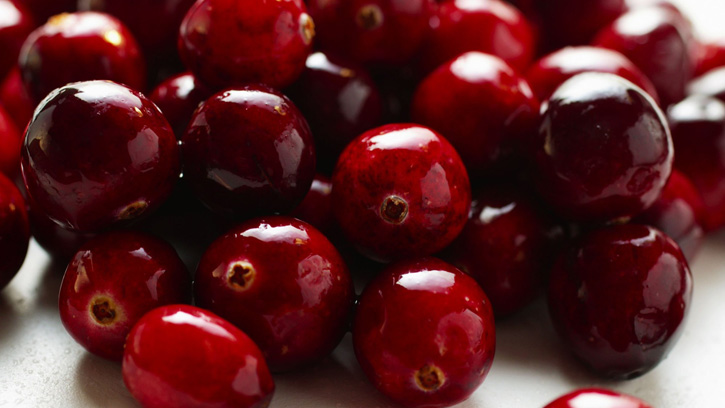by admin | Apr 18, 2011 | Natural Facts, Newsletter thru 2013
Background April 11, 2011 Achieving an ideal body weight is not about dieting or food deprivation, it is all about eliminating excessive hunger, stabilizing blood sugar levels and increasing the feelings of pleasure and satisfaction from food. the key tool in...
by admin | Apr 18, 2011 | Natural Facts, Newsletter thru 2013
Introduction The recent run on potassium iodide supplements in health food stores and pharmacies highlights many issues that I have with the American psyche. We are proactive to a point, but often our actions are misguided and based upon emotion much more so than...
by admin | Apr 18, 2011 | Natural Facts, Newsletter thru 2013
Research Update on SAMe (S-Adenosylmethionine) Background s-adenosylmethionine (saMe) is an important physiologic agent that is involved in more than 40 biochemical reactions in the body. It functions closely with folic acid and vitamin B12 in “methylation”...

by admin | Mar 29, 2011 | Natural Facts, Newsletter thru 2013
As director of product development for Natural Factors, Dr. Murray has specialized in researching how to reduce chronic inflammation and improve inflammation-related and autoimmune conditions such as rheumatoid arthritis, osteoarthritis, asthma and lupus. Here, he...

by admin | Mar 29, 2011 | Natural Facts, Newsletter thru 2013
The run on potassium iodide (KI) supplements in health food stores and pharmacies after the recent Japanese earthquake highlights many issues I have with the American psyche. We are proactive to a point, but often our actions are misguided and based upon emotion much...

by admin | Mar 18, 2011 | Natural Facts, Newsletter thru 2013
Cranberry juice and cranberry extracts have shown benefit in preventing and treating urinary tract infections in several double-blind studies. New data indicates they may also be of benefit in men with nonbacterial chronic prostatitis. Chronic Nonbacterial Prostatitis...





